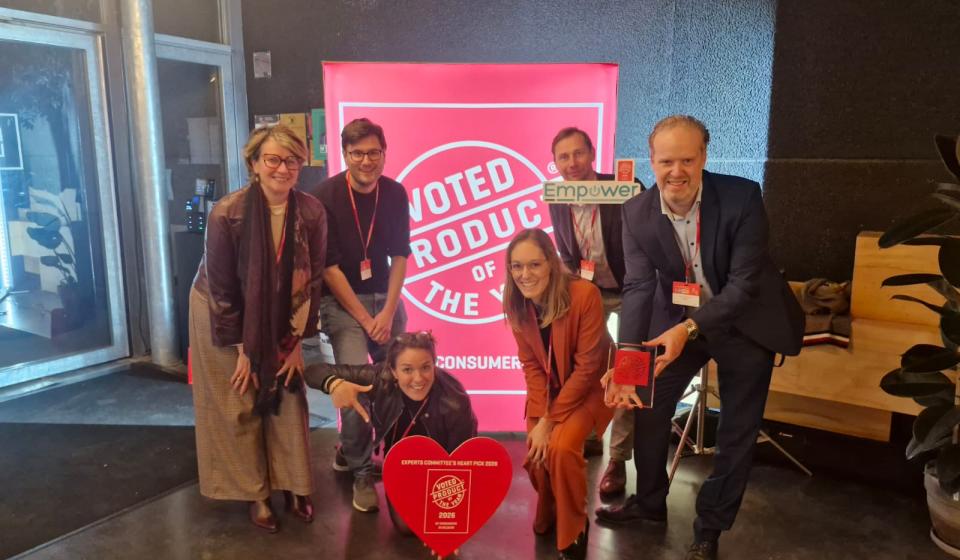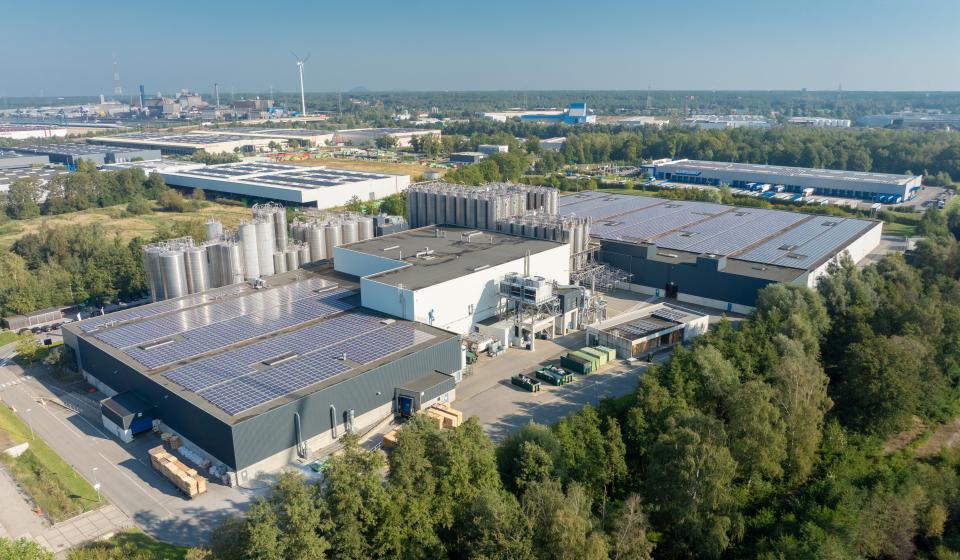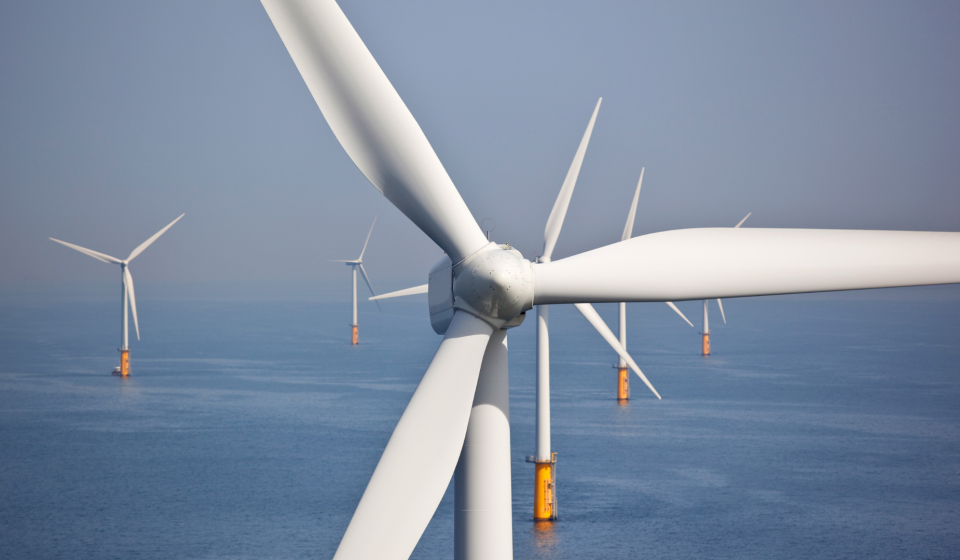ENGIE Sun4Business, solar panels for businesses
After launching a solar panel offering for residential customers, ENGIE Electrabel is now proposing an innovative concept to businesses, whether large or small. To this end it has set up a new subsidiary with another company, Orka, called ENGIE Sun4Business. What’s so special about it? An all-inclusive formula covering the installation and management of solar panels as a third-party investor model.
How does the third-party investor model work?
Since it’s an all-inclusive model, ENGIE Sun4Business takes care of everything and is the client company’s single point of contact. It carries out the feasibility study and arranges the financing, installation and maintenance of any equipment. It also takes charge of obtaining subsidies and green certificates based on regional differences. So no investment is required on the part of the client company.
Furthermore, for the duration of the contract, it benefits from greatly reduced energy costs. Indeed, ENGIE Sun4Business sells it back locally generated green energy at far below the market price. Depending on the region and the installation’s technical specifications, the electricity will cost it between 20% and 50% less than its usual price.
When the contract expires, either after 10 years in Wallonia or Brussels or after 15 to 20 years in Flanders, the company becomes the installation’s owner. And the benefits are even greater, since the electricity it produces costs it hardly anything, except the installation’s maintenance costs. If it consumes not all energy, ENGIE Electrabel also offers the opportunity to buy back the electricity injected into the network. Given the quality of today’s installations, the company will therefore be the sole beneficiary of the operation of its solar panels for at least 10 years, without having invested a single euro itself.
Which companies is the formula meant to cover?
Of course, ENGIE Sun4Business’s offering must be profitable for both parties. The size of the installation, the consumption profile and the price paid per kWh are important criteria to take into account. Others include regional differences regarding subsidies and regulations. For instance, in Brussels the project must have a minimum size of 100 kWp or 1,000 m². In Flanders and Wallonia, a surface area of 2,000 m² is required.
ENGIE Sun4Business’s offer is of interest to businesses, but not exclusively. Local authorities and public institutions, which may not always have the capital to make such investments, will also be able to benefit from all the advantages of solar power generation by teaming up with a reliable partner.
Thanks to this offer as a third-party investor, ENGIE Electrabel intends to install more than 60 MW of capacity by 2020. This goal is consistent with the ENGIE Group’s ambition to be a global leader in the energy transition.
Articles and press releases

Empower Flextime van ENGIE is Product van het Jaar: al 20.000 klanten verschuiven hun verbruik naar de super-daluren

Borealis Transforms Company Parking Lots into Solar Farms in Collaboration with ENGIE

Sabic inaugurates world's largest circular solar installation of its kind in Genk
